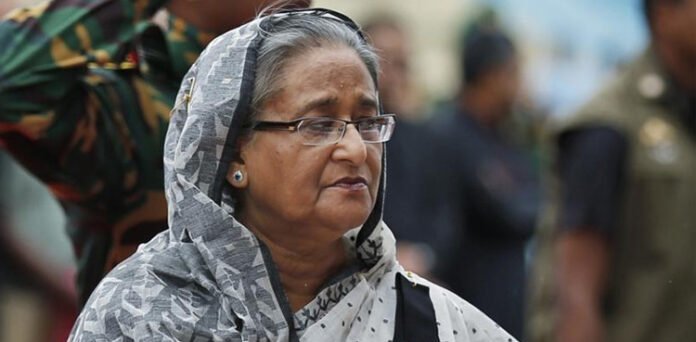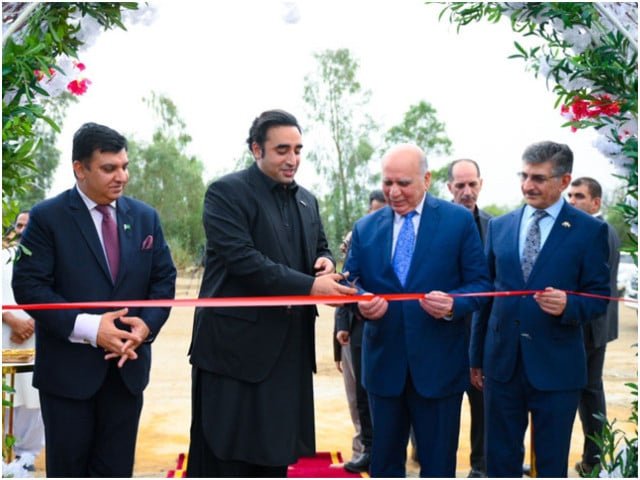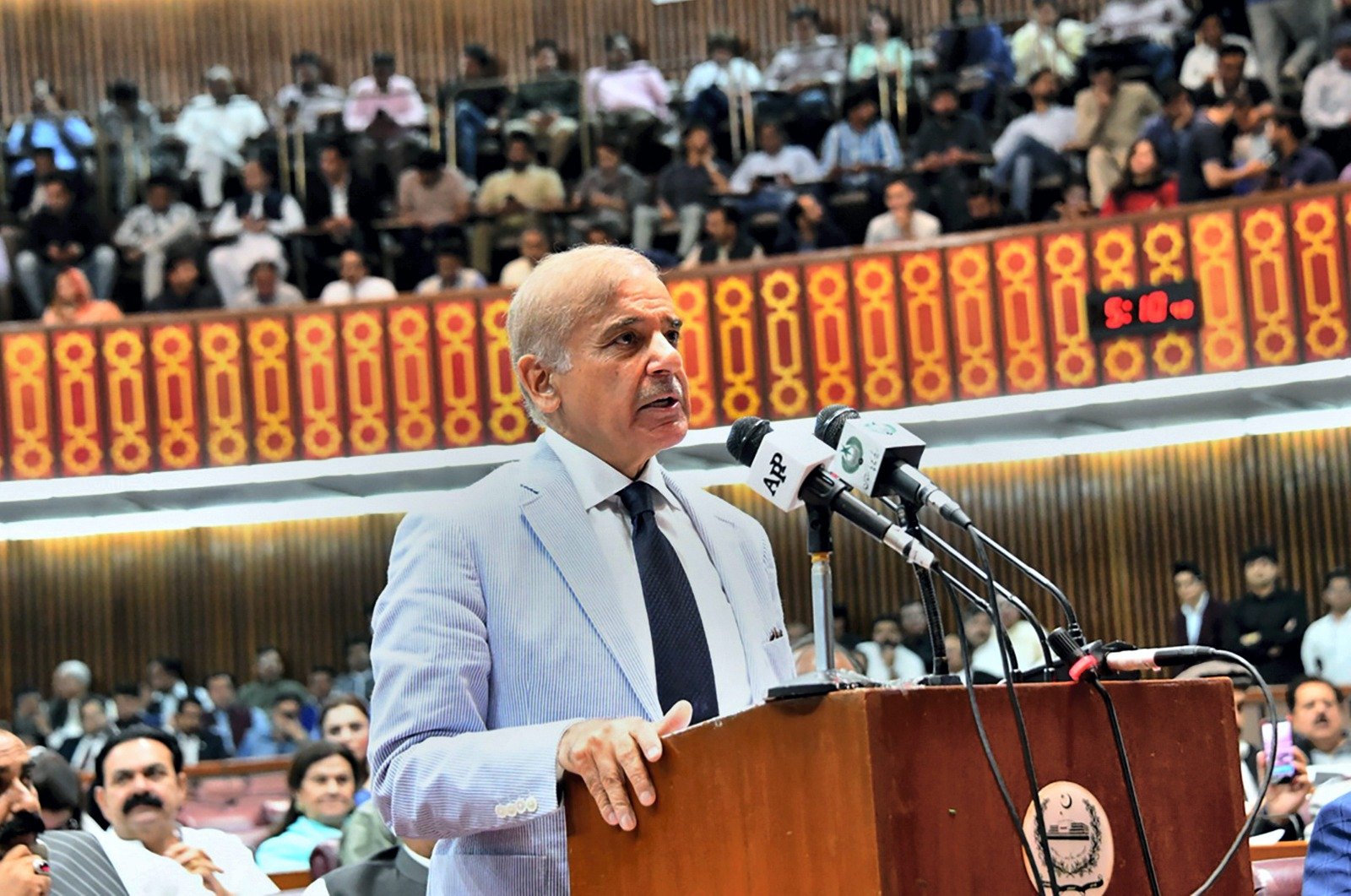Bangladeshi PM Hasina Wajid Steps Down and Makes a Move to India

Sheikh Hasina Wajid, the long-standing Prime Minister of Bangladesh, has reportedly stepped down amid intense mass protests demanding her resignation. The dramatic developments have thrown the country into a state of political uncertainty as the protests escalate into a nationwide civil disobedience movement. Here’s an in-depth look at the unfolding situation:
Resignation Amid Mass Protests
- Stepping Down: Sheikh Hasina, who has been at the helm of Bangladesh’s government for 15 years, has reportedly vacated her position as Prime Minister. The decision comes amid a wave of protests that have swept across the nation, calling for her resignation due to allegations of authoritarian rule and failure to address public grievances.
- Departure from Dhaka: Earlier reports suggested that Hasina had left the capital, Dhaka. A source close to the Prime Minister informed AFP that she, along with her sister, has moved to a safer location, leaving her official residence, Ganabhaban. There are unconfirmed rumors that she has sought refuge outside Bangladesh, possibly heading towards India via military helicopter.
- Attempts to Communicate: Hasina attempted to address the nation with a recorded speech, but logistical challenges prevented her from doing so, according to sources.
Role of the Military and Interim Government
- Army Chief’s Address: In a significant development, Bangladesh’s Army Chief, Waker-Uz-Zaman, addressed the nation following Hasina’s resignation. He announced that the deaths during the anti-government protests would be thoroughly investigated, signaling a commitment to accountability.
- Formation of Interim Government: The Army Chief also indicated that discussions are underway to form an interim government, aiming to stabilize the situation and restore order. This announcement has sparked both hope and concern among various factions within Bangladesh, as the country navigates a turbulent political transition.
Protest Movements and Demands
- Nationwide Civil Disobedience: The protests have been spearheaded by a group known as Students Against Discrimination, which has called for a nationwide civil disobedience campaign. The campaign aims to paralyze government functions until Hasina and her administration resign.
- Non-Cooperation Movement: The protestors plan to initiate an all-out non-cooperation movement, starting on Sunday, that echoes the historical civil disobedience campaign during Bangladesh’s 1971 liberation war against Pakistan. This includes:
- Ceasing Payments: Protestors have urged citizens to stop paying taxes and utility bills as a form of protest against the government.
- Strikes in Key Industries: Calls for strikes have been made, particularly targeting the country’s crucial garment sector, which is a significant contributor to Bangladesh’s economy.
- Government Workers and Laborers: The movement has also asked government workers and laborers to join the strike, amplifying the pressure on the current administration.
- Protest Leadership: Nahid Islam, the leader of Students Against Discrimination, has been vocal about their demands, insisting that Hasina must face trial for her government’s actions. This stance resonates with many young Bangladeshis, who see the current regime as increasingly oppressive.
Background and Causes of Protests
- Civil Service Job Quotas: The immediate trigger for the protests was the government’s civil service job quotas, perceived as discriminatory by many students and young professionals. The situation escalated in July when police crackdowns resulted in deadly clashes, with reports of more than 200 casualties.
- Public Outcry: The violent crackdown on protestors has galvanized public opinion against Hasina’s government, with widespread outrage over what is seen as an excessive use of force against peaceful demonstrators.
- Economic Discontent: Economic challenges, including unemployment and inflation, have further fueled dissatisfaction among Bangladeshis, contributing to the widespread calls for political change.
International Reactions and Media Reports
- Indian Media Speculations: Indian media outlets have speculated that Hasina might have left Bangladesh under military escort, potentially seeking asylum in India. However, these reports remain unverified, and the situation is still developing.
- Global Attention: The crisis in Bangladesh has attracted international attention, with human rights organizations and foreign governments closely monitoring the unfolding events. There is a growing call for diplomatic intervention to prevent further escalation and ensure a peaceful resolution.
Future Prospects and Challenges
- Political Uncertainty: The current political landscape in Bangladesh is fraught with uncertainty. The formation of an interim government, as suggested by the military, may provide a temporary solution, but long-term stability will depend on how effectively the transition is managed.
- Potential for Violence: With emotions running high and protestors showing no signs of backing down, there is a risk of further violence and unrest. The interim government will need to navigate this delicate situation carefully to prevent further bloodshed.
- International Mediation: There may be a need for international mediation to facilitate dialogue between opposing factions and chart a path towards democratic reforms. The role of regional players, including India, China, and international bodies like the United Nations, could be crucial in stabilizing the situation.
The resignation of Sheikh Hasina marks a pivotal moment in Bangladesh’s political history. The protests reflect deep-seated frustrations with the current administration and highlight the demand for democratic accountability and governance reform. As Bangladesh stands at a crossroads, the actions taken in the coming days will be crucial in determining the country’s future trajectory.
With a potential interim government on the horizon, Bangladesh faces significant challenges in restoring order and addressing the grievances of its citizens. The world watches closely as the nation navigates this critical juncture, hoping for a peaceful resolution that respects the will of the people and upholds democratic principles.
Latest Developments and Updates
- Hasina’s Whereabouts:
- As of the latest reports, the exact location of Sheikh Hasina remains unclear. Speculations about her departure to India are yet to be confirmed.
- Military’s Role:
- The military’s involvement in the transition process raises questions about the balance of power and its impact on Bangladesh’s democratic framework.
- Public Sentiment:
- Public sentiment is overwhelmingly in favor of the protestors, with widespread support for the call for political change and justice for those affected by government crackdowns.
- Economic Implications:
- The ongoing unrest poses significant risks to Bangladesh’s economy, particularly in sectors like garments, where strikes could have far-reaching consequences.
- Diplomatic Reactions:
- Neighboring countries and international bodies are likely to respond to the crisis, emphasizing the importance of dialogue and peaceful conflict resolution.
As events continue to unfold, it is crucial for all stakeholders to engage in constructive dialogue and work towards a solution that prioritizes the well-being of the Bangladeshi people and upholds democratic values.










